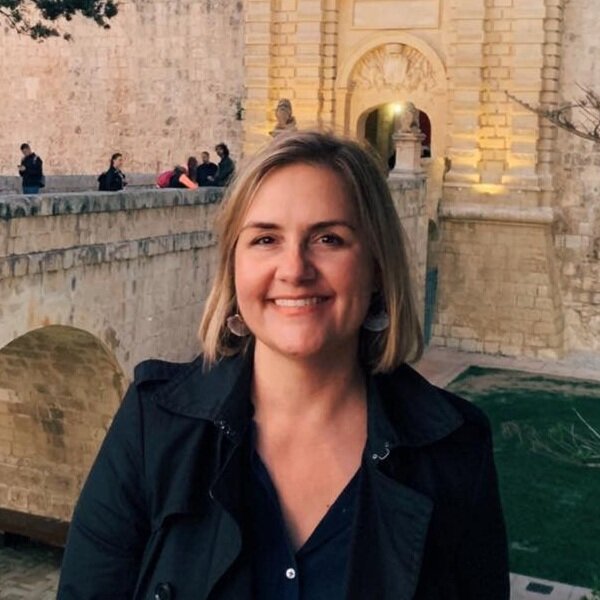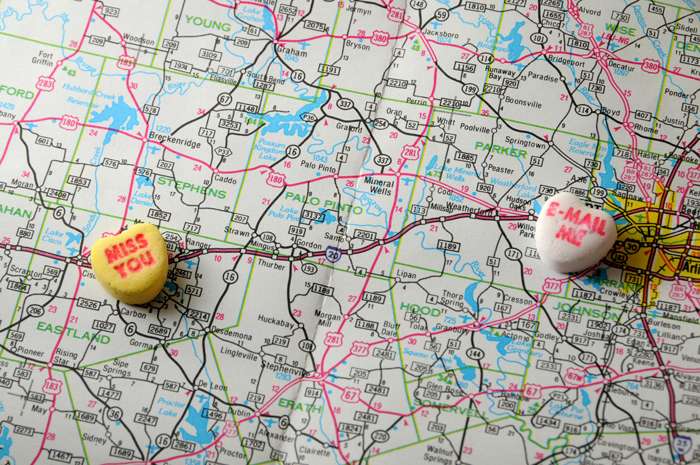First sleep, second sleep
/Around my house the first question we usually ask each other in the morning is "how did you sleep?" Sure, it's partly just politeness but it's also an indicator of how much we love us some sleep around here. I'm a big believer in the restorative power of a good night's rest.
So it was with a bit of panic that I've noticed that my sleep patterns have slowly morphed into a broken pattern where I'm restless/awake in the middle of the night ("slowly morphed" might just be the best euphemism for aging ever, haha). I became especially aware of this when I got a Fitbit for Christmas last year and was astounded to see how often I awakened or was restless in the night. I thought I was getting a good eight or so hours but the Fitbit on my wrist that was tracking my movements said differently:
186 minutes restless. Yay, me!
Mostly I just wake up for a bit in the middle of the night. Sometimes I get up and go downstairs and read a while, sometimes I sit in bed and think crazy-tinged thoughts, fretting about things that seem absolutely ridiculous in the light of morning. In particularly Inception-like meta moments, sometimes I'm awake worrying that I'm awake.
A month or two ago I was watching a historical Revolutionary War drama and the characters talked about "first sleep" and "second sleep." This sounded exactly like me! Intrigued, I looked it up.
It turns out that first sleep/second sleep was a thing for centuries: people would go to first sleep a couple of hours after dusk, wake up for an hour or two, and then return to second sleep until morning (often with a quick nap in the afternoon, too). Historian Roger Ekirch found over 500 references to segmented sleep, dating back to Homer's Odyssey all the way up to the 19th century. It seems to have disappeared in the 1920s. This was, of course, probably related to the fact that in a pre-electricity world there were so many hours of darkness and the body only needed so much sleep.
A psychology study in the early 1990s had participants in absolute darkness for 14 hours a night. By the fourth week, the participants' sleep had slowly morphed into a distinct, segmented sleep pattern, sleeping for four hours, waking for an hour or two, and sleeping for four more.
Fascinating! It made me wonder if I should just stop fighting my mid-night wakings and just embrace them as what my body wants me to do. Or at least stop fretting about them.
So...how did you sleep? Do you get enough, too little, too much? Have you noticed a tendency toward fragmented sleep?
- The myth of the eight hour sleep, BBC
- Polyphasic Society on Segmented Sleep
- Everyday Health says segmented sleep may not be so great, especially if you don't get that second sleep (well...of course)
- Historical sleep





















